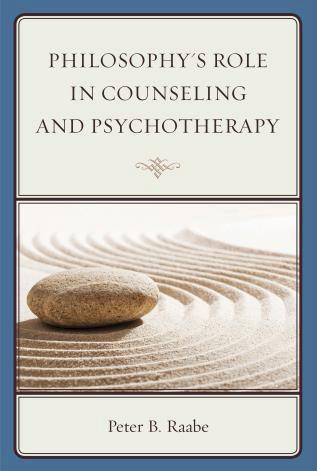By Christoper DeMarcus (The Cascade) – Email
Print Edition: May 7, 2014
I had trouble sleeping. I’d gained a lot of weight. I hadn’t been feeling myself. At times my work, school, and social life became an unbearable load of busyness. Depression seemed to have set in.
I went to the doctor, hoping to get something to pull me out of it. Help me focus. Adderall would probably do it. I’d taken it before to pull all-nighters at work. The doctor agreed and offered me a script — he’d like me to go to a sleep clinic too, but the choice was up to me.
I opted out of both. I wanted to find the core source of my problem. But I needed the right questions to ask before I could find the right answers.
This is what Peter Raabe’s latest book intends to do: find the best questions to ask about mental illness for the best answers.
But why not reach for books from Freud, Lacan, or the latest saint of critical thinking, Slavoj Žižek? In short, because those thinkers are not accessible to average readers.
Raabe’s work lays down a clear foundation of philosophical psychoanalysis and its benefits for street-level counsellors, social workers, advisors, parents, and anyone who wishes to understand the basic components of human desire.
At around 400 pages, Philosophy’s Role in Counseling and Psychotherapy is really three books in one. Raabe first explains that mental illness can be a personal existential problem; not a physical disease that requires physical treatment. Depression is not a virus. It’s a symptom that takes place in the mind (consciousness) not the brain (physical structure).
[pullquote]“What is busyness? What is success? Do I need a 4.0 GPA to thrive as a person? Do I want that fourth cup of coffee?” [/pullquote]
Using three of his own case studies, Raabe walks us through the act of psychoanalysis with philosophy. The task of the analyst is to propose the right questions to his client, allowing them to come to cathartic revelations through the investigation of themselves. Much like a philosopher’s Socratic method, this practice gives birth to new knowledge for the client.
Using my personal example, my depression was caused by life factors. Some were obvious: work, school, and family stress. But I needed to probe my desires to understand if the stress was something I might have secretly wanted. What is busyness? What is success? Do I need a 4.0 GPA to thrive as a person? Do I want that fourth cup of coffee?
The first step is to find the source of the depression; the next step is to apply it to personal change. In counselling, the examined life is worth living when it helps the subject participate in society without debilitating suffering. Counselling helps us balance our suffering with our pleasure.
For readers looking for how philosophy can function as a practical tool, this book is a good place to start. Raabe also recommends Think It Through: Reasoning in Everyday Life by Moira Kloster and Anastasia Anderson. Other books, like Robert Whitaker’s better known Anatomy of an Epidemic, describe the problem of the medical model, but Raabe’s work stands out with its easy-to-read explanations of philosophy as an analytical tool for mental illness.
[pullquote]“We are imprisoned in a culture of convenience; a society dominated by simple cause and effect reasoning without understanding the origins of mental illness.” [/pullquote]
One would hope that medical doctors would take the time to ask basic probing questions before handing out a script for powerful psychotropic drugs. But that’s not what’s happening. Giving us the permission to consume Adrenal is an easier solution than exploring why we think the things we do.
We are imprisoned in a culture of convenience, a society dominated by simple cause and effect reasoning without understanding the origins of mental illness.
Philosophy’s Role in Counseling and Psychotherapy is a critical examination of our dependence on pharmaceutical solutions. It helps us understand where mental problems come from and who creates them. It lets us see that the medical model in psychoanalysis can lead to perverse forms of solutionism: we have the drug for that, so you have the disease. It’s time to ask how many mental problems are caused by manufactured desire, not issues with our biological hardware.
If this book has one weakness, it’s that it doesn’t question enough.
Go here for an interview with Raabe about more of his book’s implications.



